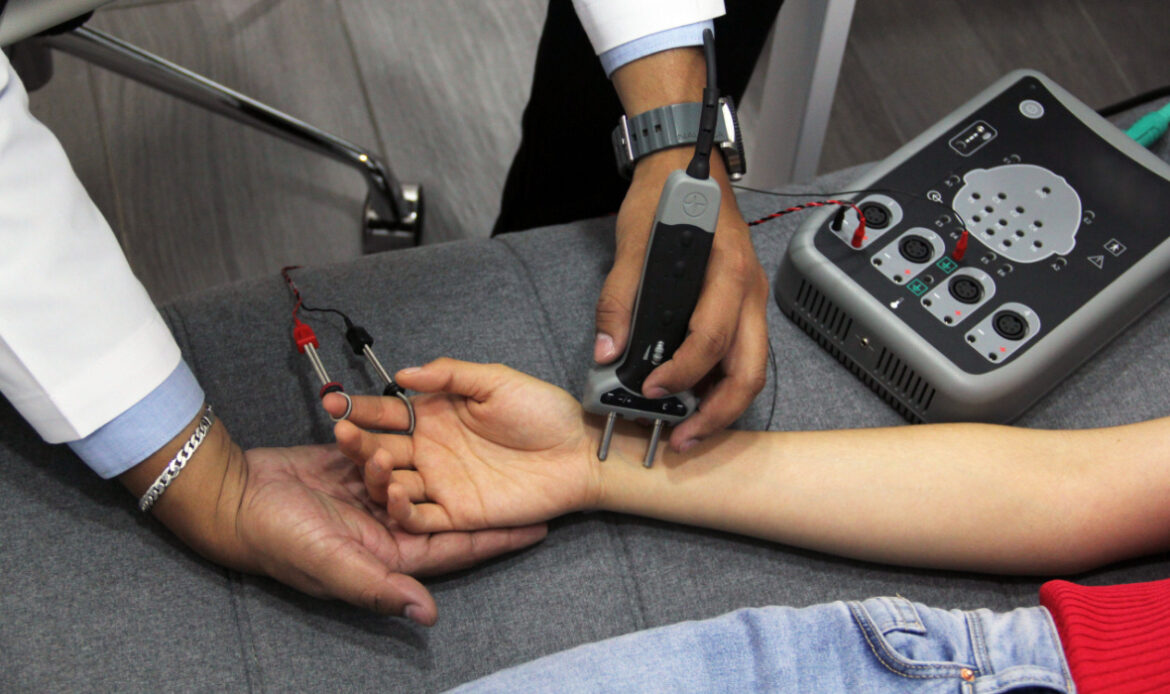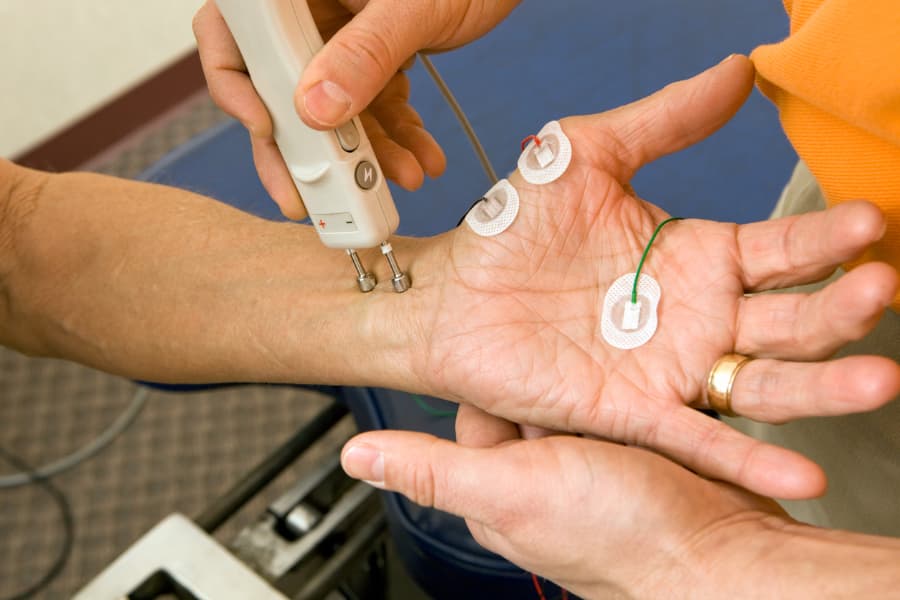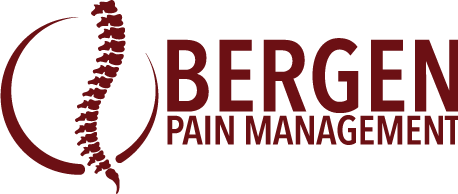
Nerve Conduction Studies in Northern New Jersey
Few ailments can cause discomfort and uncertainty like nerve pain. That’s why it is important to consult with a medical professional if you notice anything out of the ordinary when it comes to your nerves. A nerve conduction study (NCS) is a simple, non-invasive procedure that can help put your mind at ease and help your doctor understand the best way to diagnose and treat your condition. At Bergen Pain Management, our friendly team, including board-certified Dr. Thomas Ragukonis, is here to answer all of your nerve-related questions. Find out what is involved with an NCS to see if you should visit one of our offices in Paramus, West New York, or Union, NJ.
How Does An NCS Work?

An NCS, also called a nerve conduction velocity (NCV) test, helps determine the speed at which electrical impulses can move through your nerves. The test can be performed on nerves in virtually any area of the body. An NCS helps doctors see potential damage to your nerves, allowing them to identify possible neurological conditions.
The procedure involves putting a paste on the affected area and then placing two electrode patches over the nerve in different areas. One of the electrodes will stimulate the nerve, resulting in a mild and brief electrical shock. The discomfort will be minor and only last a few seconds. The other electrode is used to record the impulse as it travels through your body. The speed required to move from electrode to electrode through your nerve can help determine nerve damage and disorders.
An NCS may also be performed alongside electromyography (EMG), which is a similar test designed for muscles. Together, the two tests help locate the exact source of the problem.
Why Should You Get An NCS?
Nerve issues can lead to serious health problems, so it is important to get them checked out right away. A nerve conduction study is a quick and virtually painless way to find the location and extent of the damage. They can help Dr. Ragukonis to diagnose you with several different conditions, including:
Carpal Tunnel Syndrome
This common nerve syndrome causes pain and numbness in your fingers. It is caused by enlarged tendons or ligaments in the wrist that put pressure on the median nerve.
Herniated Disc Disease
This disease is the result of the deterioration of fibrous cartilage surrounding the discs of the vertebrae. As the substance inside the cartilage is forced out, it adds strain to the spinal nerve.
Guillain-Barré Syndrome
This is a condition where one’s immune system fights back at the peripheral nervous system, resulting in the legs feeling weak or tingling.
Charcot-Marie-Tooth Disease
This is an inherited neurological disease that affects the feet and lower leg muscles. The condition attacks your sensory and motor nerves, causing them to feel weak.
Sciatic Nerve Problems
There are a variety of sciatic nerve issues that can cause patients to feel pain, tingling, or numbness. The most common is when the spinal disc that meets the roots of the nerve leading to your sciatic nerve ruptures or bulges.
Chronic Inflammatory Polyneuropathy and Neuropathy
These issues often arise as a result of alcohol abuse or diabetes. They may cause tingling or numbness in a single nerve or many at the same time.


